Aquaculture, Water Quality and Reliable Data: An Interview with Undersee
Earlier in the year we announced our collaboration with Katapult Ocean. As part of their accelerator program Miros is mentoring Undersee, a startup who monitor water quality. We sat down with COO, Tiago Cristóvão, to talk aquaculture, climate change and reliable data.
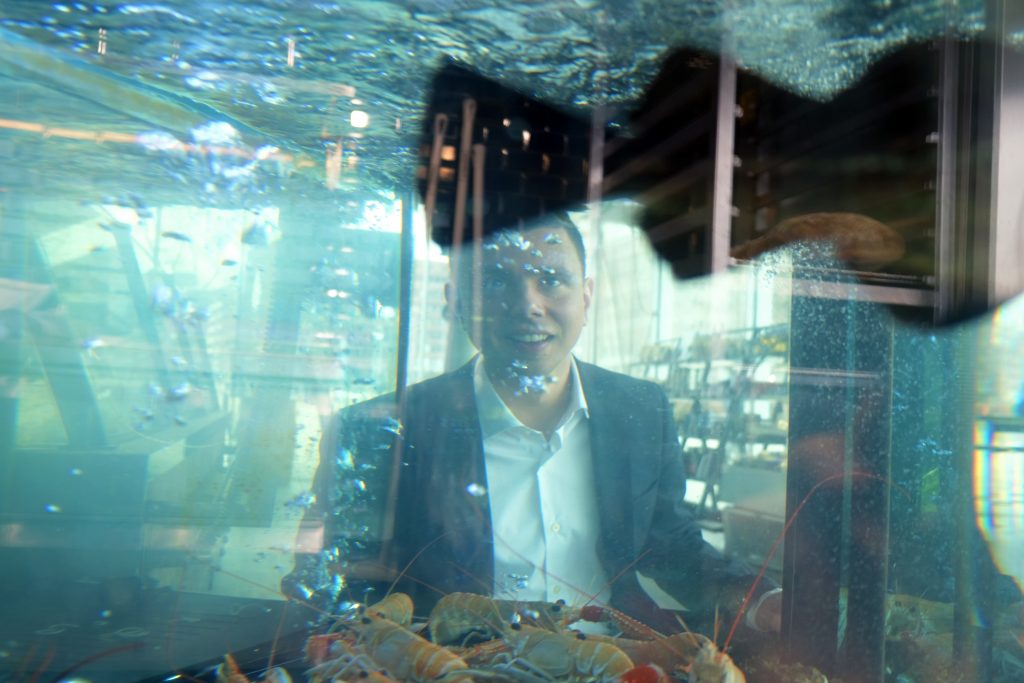
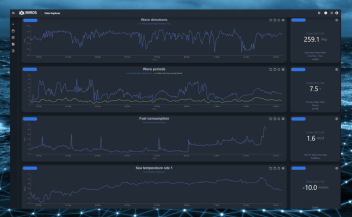


Earlier in the year we announced our collaboration with Katapult Ocean. Their mission, to foster a global ecosystem developing solutions for the preservation and optimal use of the world’s oceans, is one that resonates with us. Through their accelerator program, Katapult Ocean finds, invests in, and scales start-ups. As part of this program, relevant mentors are sought for each respective participant company. Miros has offered our experience to this mentorship program, with the hope of aiding tomorrow’s leaders.
Could you please introduce yourself?
My name is Tiago, I’m a mechanical engineer, and I’m COO of Undersee. Undersee is a start-up that began two years ago to provide water quality monitoring for aquaculture companies.
What’s your background?
I started studying mechanical engineering in 2010, back then I was quite indecisive as to whether I would end up as a musician or an engineer. In the end I completed the engineering course rather than the guitar one. So that was the decider!
I was in the first year of my master’s degree when I was invited to be an intern with the company. This was before Undersee even really existed. Then one of the founders left and I bought his shares. In the beginning we were not focused on water quality for aquaculture, but more on water quality in general. We imagined monitoring it with a robotic system that would operate autonomously underwater. It was a very elaborate and complex idea. We submitted to ESA to try and get some funding but they basically said,
“It’s too complex, you’re crazy, governments spend millions doing that and you want to do it with €50,000?! You’re crazy.”
We realised they might have a point and decided to forget the robotic part and focus on building a system that collects water data. This was aimed at being far more simple and easy to work with compared to what existed at the time. So we started development.
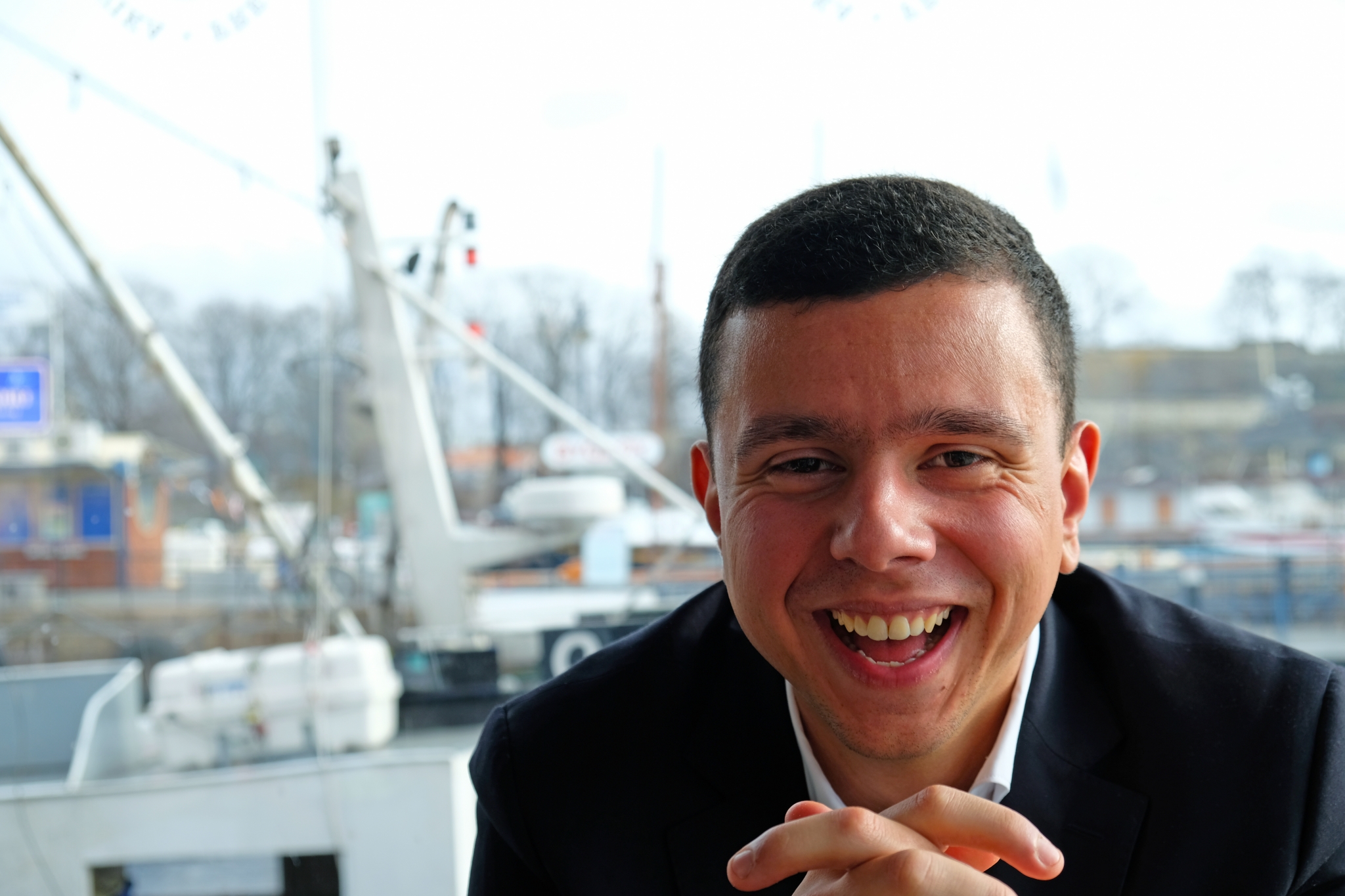
What happened next?
We built it! Typical engineers, building something first and then trying to find a market for it afterwards. So we were doing market research, looking at oil and gas, aquaculture, environmental agencies, ports and harbours, wastewater treatment, etc. We were trying to understand who needs what and we saw that our value proposition was strongest in aquaculture. After that, we focused all of our energy on this sector.
That doesn’t mean we won’t work with other markets, but for now, it’s our main focus. After we made that decision we joined a program in Lisbon that strives to develop the “Blue Economy“. Next, we applied to Katapult Ocean, who accepted us on the 20th of December. I landed in Oslo on the 12th of January, so it’s all been very fast! We’re only a month into the program now and already we’ve met so many companies and institutions and mentors. It’s been a very intense process, but it’s a great adventure!
Could you give us an overview of Undersee and its mission?
Sure. The general mission at the moment is to help aquaculture produce more and to do so in a sustainable way. That’s the main mission in the short term. In the long term, we want to be the platform for water quality data. Not just for aquaculture, but for anyone.
The trend right now is to be a data provider. There has been a big movement over recent years to offer data as a product or service in and of itself. Until now this has mostly been related to social media and advertising, with a lot of data analytics involved. We think the trend will continue to expand into other markets, becoming relevant for other assets. Quite simply, we want to be the ones offering access to water data. We don’t just want to be monitoring aquaculture, warning that the oxygen is low and that the fish are going to die, etc., that’s just the start. We want to talk to research institutions and governments to put all the respective data in one place, so that water quality is structured and available on one integrated platform.
At the moment, every government and research institution has its own platform, and if you go there there’s amazing data. The problem is that nobody uses it. It’s not correlated with anything else or other ways of doing things. Almost all the oceans can be monitored, you just have to join the dots. We think aquaculture is the first step that’s measurable and actionable.
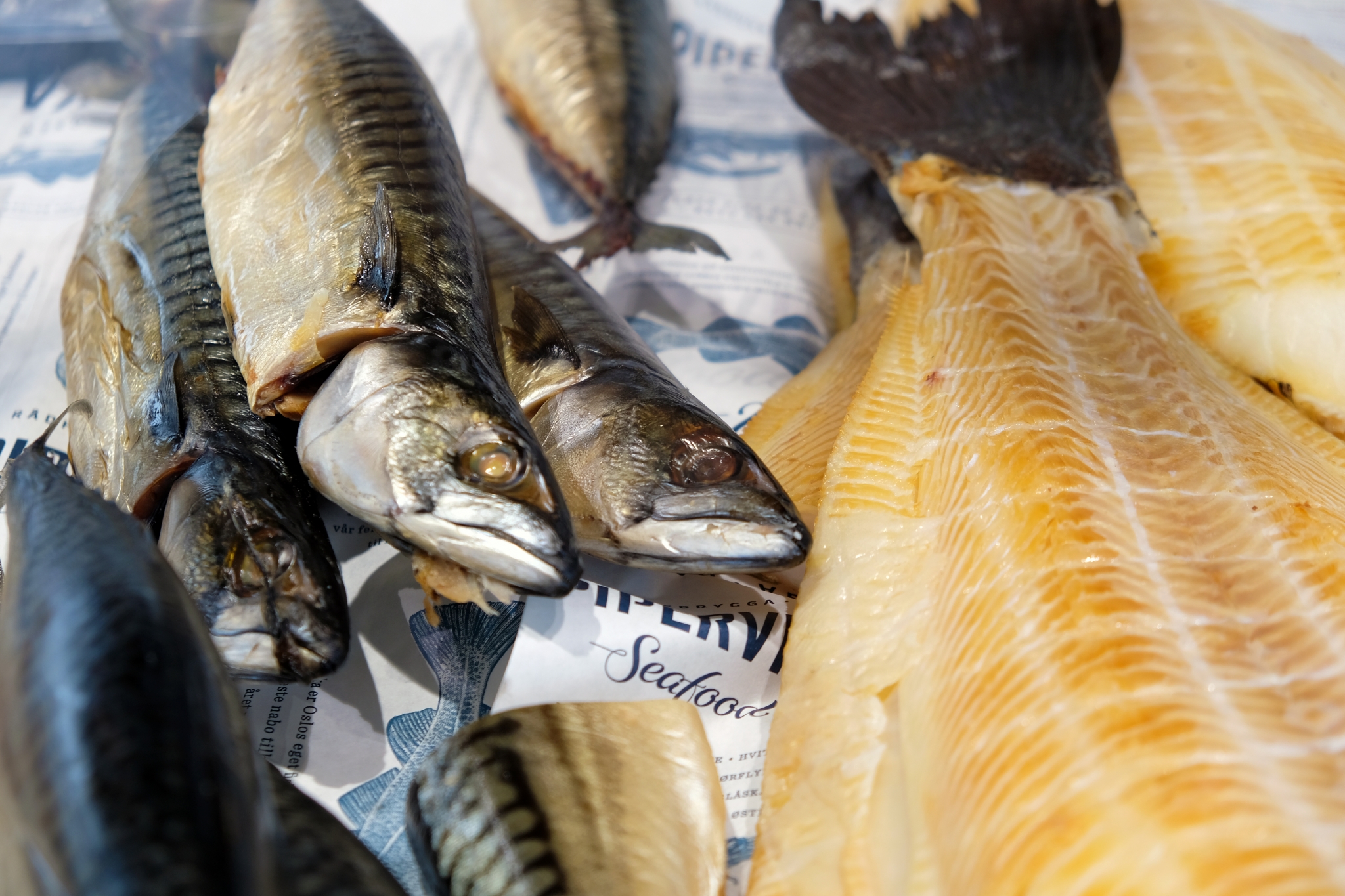
How can Undersee impact aquaculture?
The difficulty related to water quality monitoring right now is that most current approaches require a lot of human intervention. It’s hard to scale. Every time a research institution or fish farm wants to gather reliable data to build decision-making processes, there are a lot of suppliers who gladly sell them sensors, maybe they can pay for some maintenance too, but they never offer data. Suppliers sell equipment and services, but most of these stakeholders and actors want data. They don’t care about the equipment. Nobody sells data. That’s where Undersee comes in.
So we put together this device. It doesn’t need any human intervention. You just put it where you want it, it cleans itself, it’s calibrated, it doesn’t need you to go there and take it out and make sure it’s working. We remove the need for human intervention. This means you can be scalable because you have reliable data and you don’t need an army of service engineers. You can use one device, ten, a million even, it doesn’t matter. Each one is adding to a pool of available data, and they keep themselves in working order.
That’s quite a value proposition!
Yes! Plus, when it comes to aquaculture, the industry is being pushed forwards by technology and climate change anyway. They need to monitor the water because they lose money when the fish die. We just provide a way for them to do it without leveraging human resources. Fish farms can spend up to €20,000 per year on manpower alone, cleaning and maintaining current solutions. Often there are lots of problems in production in aquaculture, and sensor cleaning doesn’t tend to get prioritised. It gets pushed back and pushed back and in the end, they’re left with a load of bad data they can’t use.
As a result, there are groups that try to put all the data together. They try to run big data analyses. They use A.I. to try and understand trends and to optimise production. Unfortunately, this often becomes unachievable because the data is unclear. They don’t know what’s reliable and what’s not, and also, as I said before everybody does things in a different way to everybody else. Nobody knows what’s good! It doesn’t matter whether you try to use A.I. to understand it or not, it’s useless.
That’s why we think everybody needs to use one system so that all collected data is compatible – of course, we want Undersee to be that system – but irrelevant of whether it ends up being us or not, there has to be a standard. It’s quite simple: put the sensors somewhere, measure common parameters with common precision. We offer reliable, scalable data. You don’t buy equipment, you buy data. Plus you save on human resources spending.
So your sensor is incidental to what you’re measuring?
Yes, we sell data.
We are talking about farmers. They want to produce fish. They need the data to tell them what’s going on without necessarily understanding the technology behind it. You don’t want to build your car, you just want to drive it.
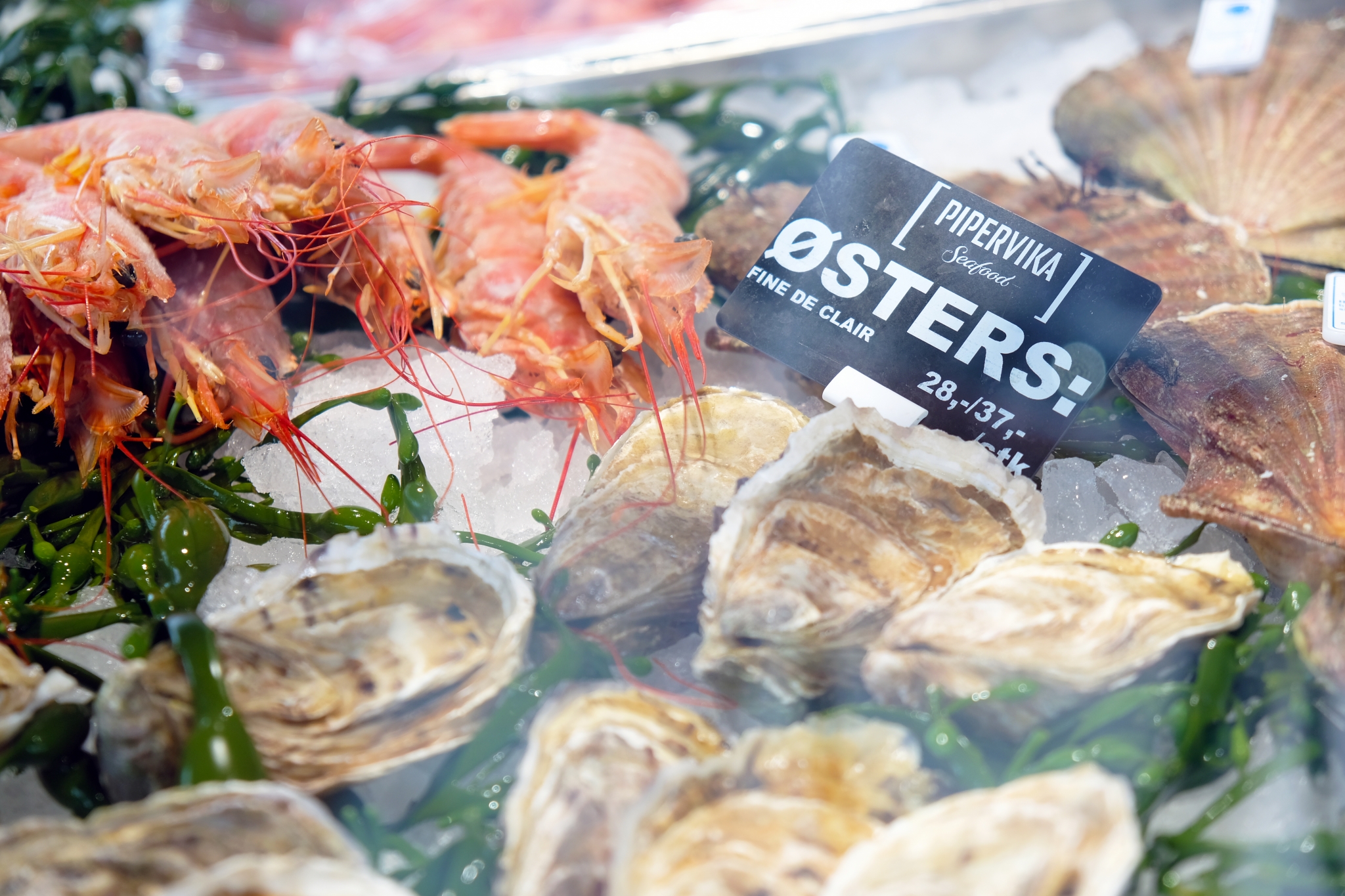
How does climate change factor into the problems that Undersee is trying to solve?
It’s a major issue. Climate change gives urgency to our mission. The main problems at present are the rise of water level, the warming of water, and – with increasing CO2 absorption – the acidification of that water too. All these things in combination create significant challenges for the future. We have to expect gigantic dead zones – areas of water without oxygen – and blooms of algae. These can have dramatic impacts for aquaculture.
However, if you have the data, I think – I hope – you can better define the challenges to your fish farm, and understand how to improve and manage your production. At the moment things are done in a very linear way: something bad happens in one location, we stop doing it there for a while, then we go back and do it again later when conditions may have stabilised to an acceptable level. By approaching aquaculture in a more dynamic way, production can be more agile, improving constantly while producing more.
Global warming gives aquaculture the urgency to gather more information where production is taking place. Until now, water has been considered something that is simply “good”. Suddenly problems are starting to appear more and more frequently.
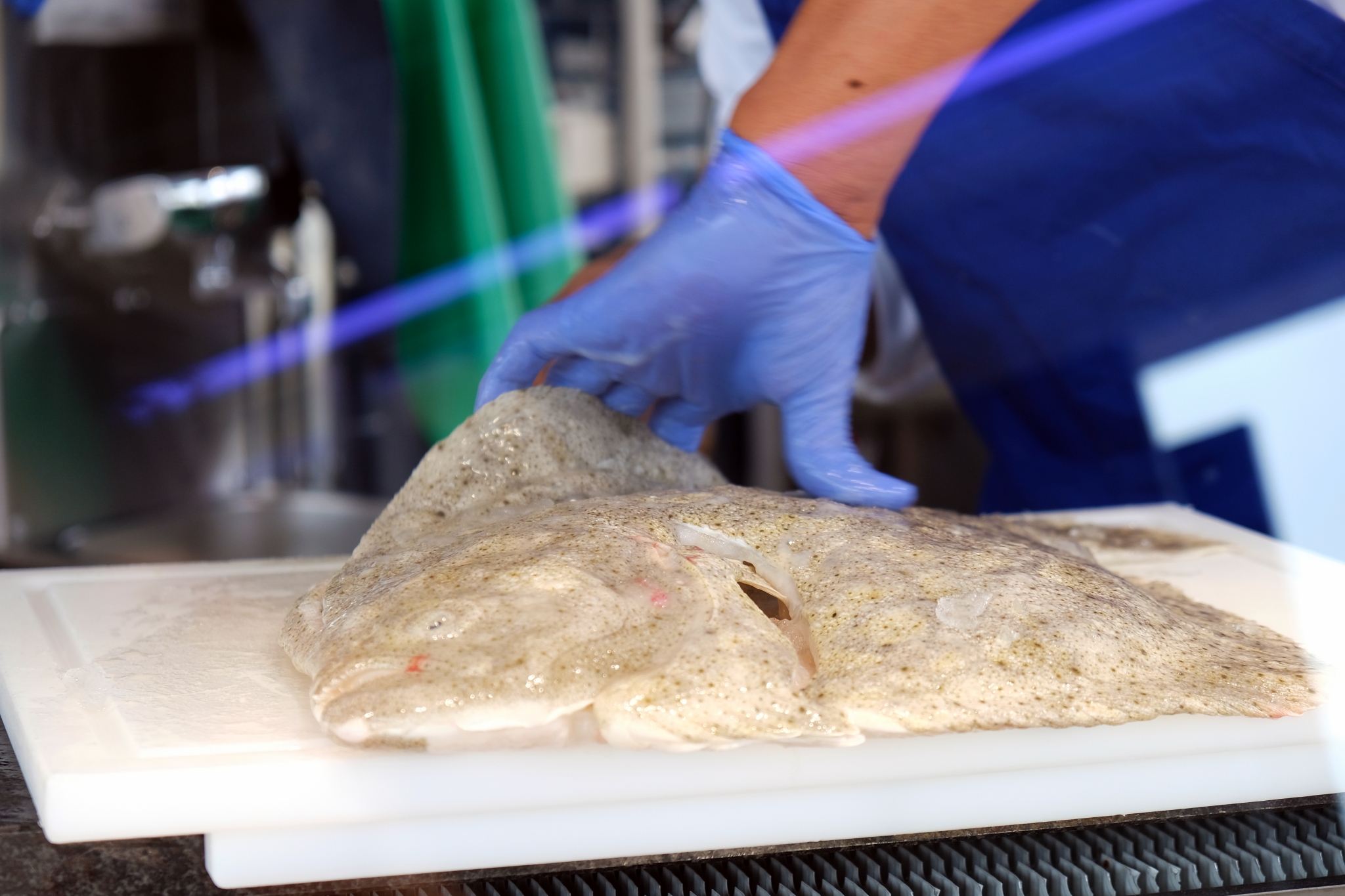
Where is this most important?
Chile has lots of problems because it’s so warm there, but sooner or later we expect to see similar impacts in Norwegian production too. This creates a lot of uncertainty. If you want to be the number one producer, you have to be proactive and take the necessary steps.
Portugal has a comparatively small aquaculture industry, so even though it’s really warm, it’s not as big a problem. To run aquaculture in Norway, though, or Chile, you need an appropriate response to changing conditions. If you have nothing, you’re just left with risk.
People say aquaculture has big margins. It doesn’t. Producers just take on a lot of risk. In the future, there will probably be lower margins, but also lower risk. If you look at the graphs showing the scale of production, sure they have big years, but then the following year they have nothing. That’s not sustainable. If you had data that indicated the place where you’re farming is a lost cause for this year, then you don’t waste your time or your money. Or you move somewhere else. This is what we want to facilitate in the future.
“Our farmed fish varieties include salmon, halibut, trout, turbot and on a few days of the week, sea bass, Arctic char and dorada too. Though we do offer wild-caught fish when they are available, some of these fish are seasonal or not particularly common.”
– Helene Kristoffersen, Pipervika
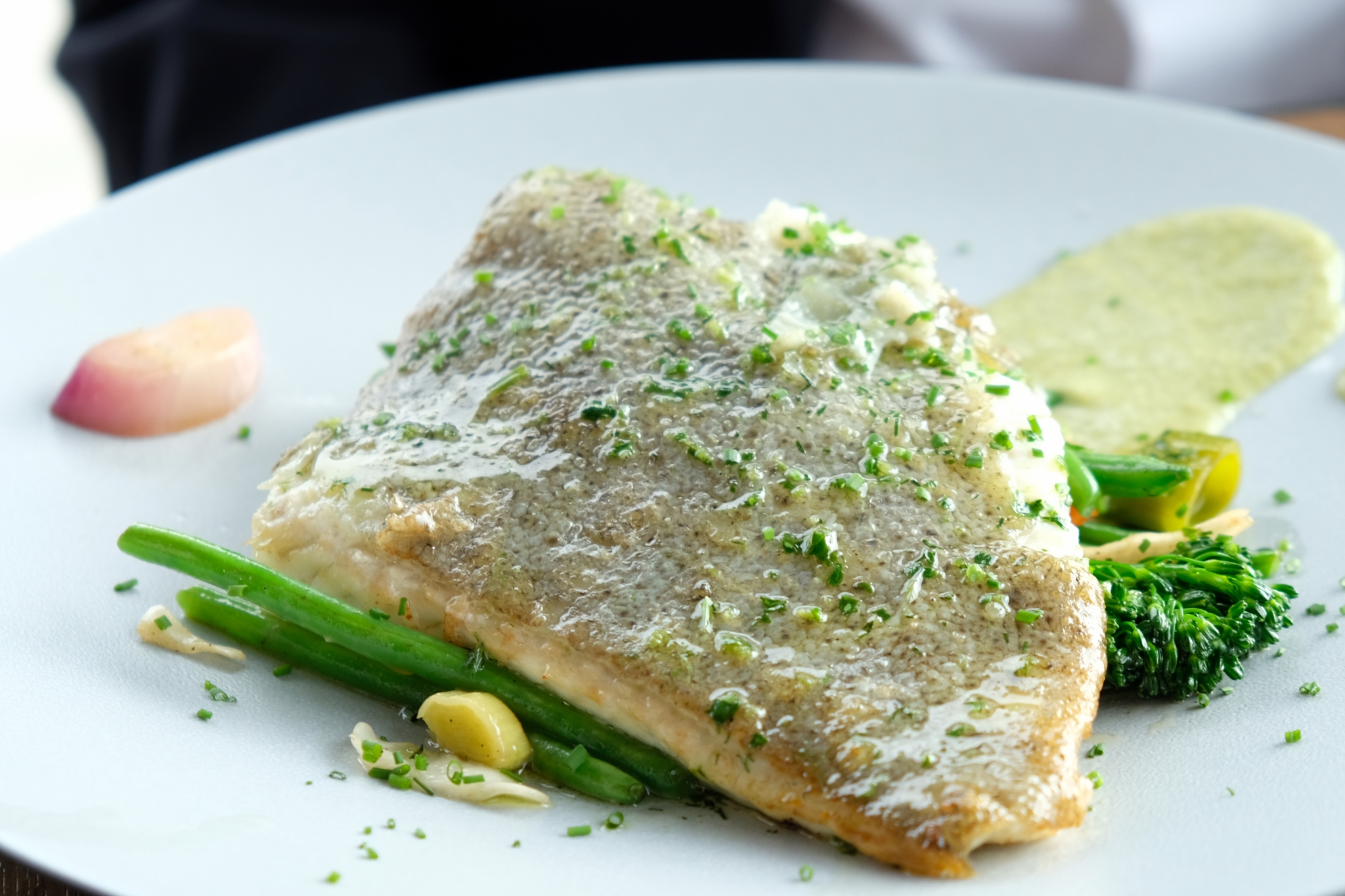
So how is the program with Katapult Ocean going?
For me, joining the accelerator program was the best decision we could have made. If we want to enter this market, we need to be here – next to this large aquaculture industry – not in Portugal where it’s small. A small company doesn’t need a lot of money, in fact, what makes more of a difference is help with growth. Katapult Ocean is really more of an incubator, with the addition of mentors, it’s really hands-on and effective.
Katapult Ocean introduces you to everyone you need to meet. I’ve never seen that in any other accelerator program. Plus the mentors are amazing, they answer the phone, reply to emails and are generally super available. I don’t think this is the norm.
Additionally, there are synergies taking place between various participating startups. There are lots of connections that should and will happen. So Katapult Ocean is not just investing in a few individual companies, they’re investing in the whole ecosystem.
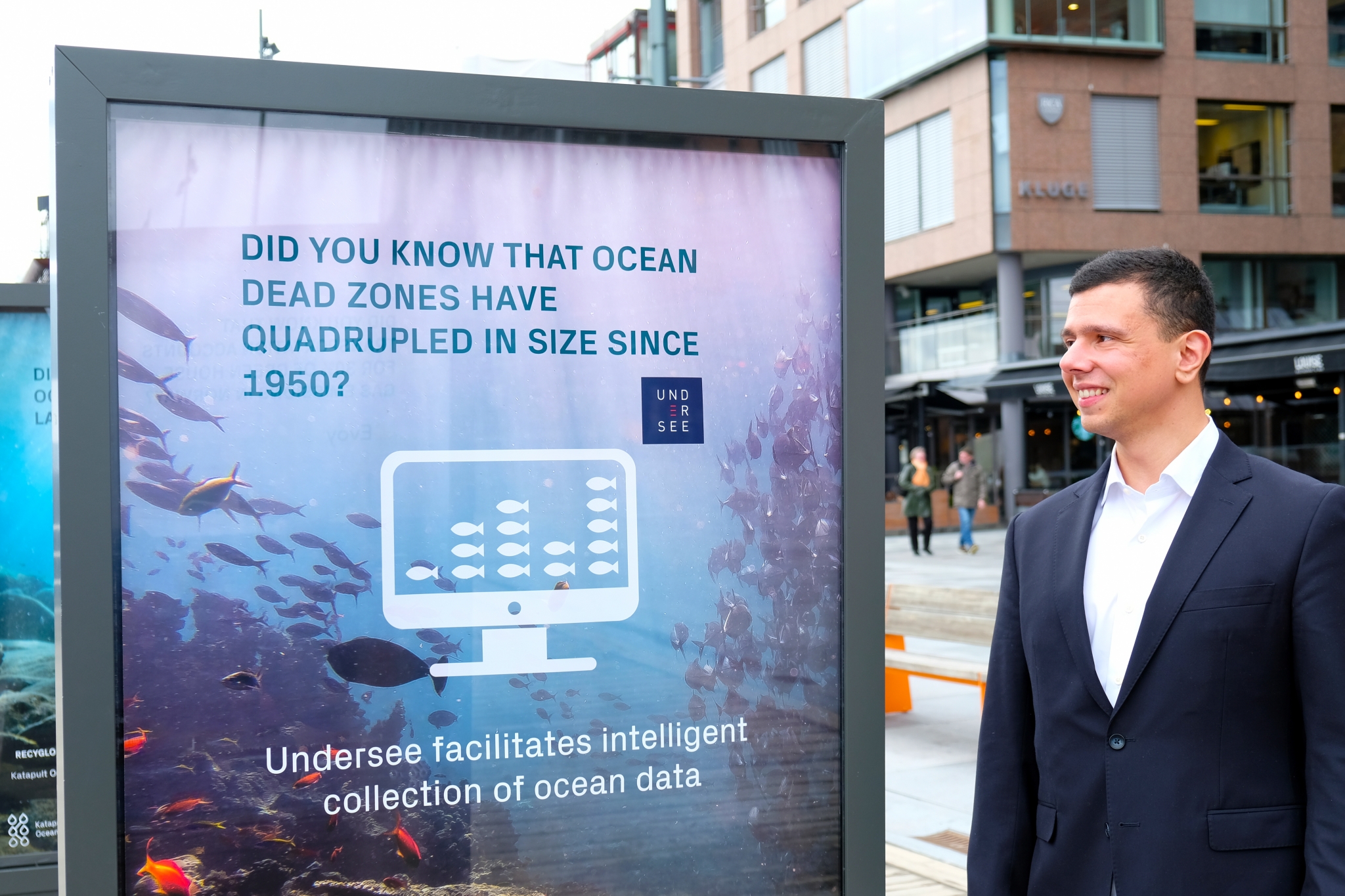
How have you found the mentorship so far?
I think it’s working really well. Miros have so much experience. This is something that you can only gain by working in the industry as long as they have. For us, that’s incredibly valuable. We could be talking to people who are guessing, but Miros just know.
When it comes down to it, Undersee and Miros are attempting similar things – hardware, software, data, IoT solutions – but Miros started doing this before IoT was even called IoT!
I always wonder what I’m giving back while I’m asking all these questions to the various mentors at Miros. We have always worked very lean, just with four people, maybe a bigger operation can learn from that. Plus the energy of a small start-up, that might inspire something within a more established company. I hope so!
What’s next for Undersee?
The next steps include filling four potential pilot programs. We have some options lined up. We will test our solution, see if they fit the needs of the operation and go from there. It’s an exciting place to be.
Learn more about Undersee here.
Thanks to Pipervika for providing an appropriate and appetising setting for this discussion to take place.


